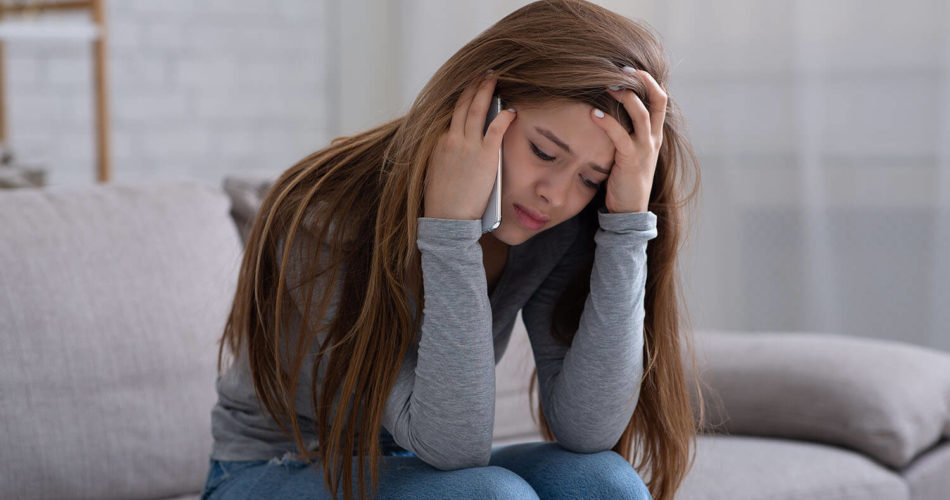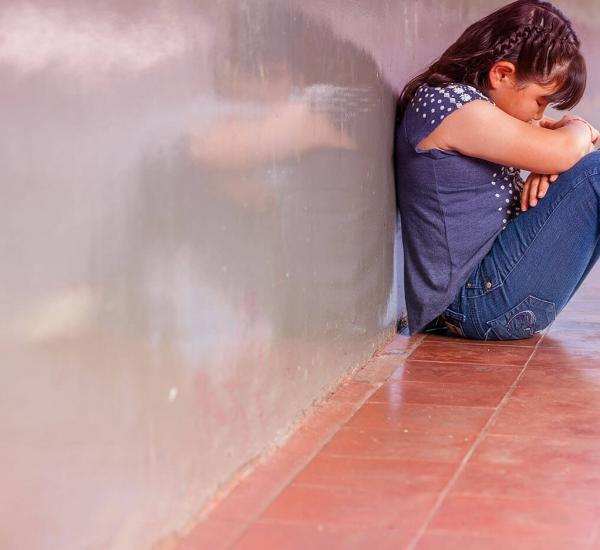If you are having a panic attack or anxiety attack, it is first essential to recognize your symptoms, like numbness of the hands and feet, a fast heart rate, shortness of breath, and shaking. Once you do, there are several ways to cope with a panic attack and reduce these episodes’ frequency.
- Deep breathing exercises. Remember to take slow, deep breaths whenever you recognize that your breathing becomes quick and shallow. It increases the oxygen in your body and helps induce calm and a sense of control. Try breathing in for about four seconds, holding your breath, then slowly breathing out for another four seconds. This exercise can help remind you to take things slow.
- Close your eyes. Sometimes, an overwhelming number of stimuli can help start a panic attack. Reducing the triggers by ceasing to look around the environment can help you center yourself in the present.
- Get enough sleep. Sleep deprivation can lead to worse anxiety and depression than what a person would usually feel. Getting some good quality sleep for at least seven to nine hours a night can help reduce panic attacks. If you are having trouble sleeping, make sure to practice good sleep hygiene, that is, turning off all the lights before you sleep, sleeping in a designated bed, changing to your bedclothes, and making yourself comfortable.
- Be mindful of where you are. A panic attack can change your view of reality and give you an impending sense of doom. Remind yourself that you are present wherever you are, on the ground beneath your feet.
- Reduce the caffeine, alcohol, and nicotine. Excess caffeine increases anxiety, as it causes you to palpitate and be more awake.1 While alcohol can help reduce tension in the short run, it can worsen anxiety in periods of sobriety.2 Smoking cigarettes can seem calming, but it can lead to long-term higher levels of anxiety.3
- Do some exercise. When you exert a certain amount of physical effort, it helps increase the amount of endorphins in your blood. Endorphins are a natural form of feel-good hormones that help to reduce pain and anxiety in the brain. Light cardiovascular exercise can help reduce stress, like a light jog or swimming. Regular exercise can help reduce the total amount of anxiety you may have. Aim to at least have 30 minutes of aerobic exercise three times a week. However, if you are having difficulty breathing, do catch your breath first.
- Learn to let go. Learning to be more comfortable with uncertainty is challenging. However, a level of acceptance of the unknown is something that we can all strive to attain. After all, there are things that we cannot control, and all we can work on are the things that we can change today – not tomorrow, the next month, or the next year.
- Understand that many people also have anxiety. Finding a support system of people in your network or outside your network can help you cope with these symptoms together. Anxiety disorder and panic attacks are now more prevalent than ever, and it is okay not to be perfectly fine.
- Consult with a psychiatrist. Sometimes, a thyroid problem, medications, or recreational drugs can increase anxiety levels, and it may be worth seeking a consult with a psychiatrist. Therapy can help reduce negative thinking patterns and help you cope with uncertainties and fears. Prescription medications such as benzodiazepines (like clonazepam and alprazolam) can help acutely reduce symptoms of anxiety. Remember, these medications can be highly addictive, so decreasing your dose may benefit your body. Long-term anxiety medications, like escitalopram, sertraline, and fluoxetine, may also benefit you as first-line therapy. Many psychiatrists are available through teleconsultation, allowing you to reach them during a panic or anxiety attack, and help keep attacks under your control.
References:
rds G, Smith A. Caffeine consumption and self-assessed stress, anxiety, and depression in secondary school children. J Psychopharmacol. 2015;29(12):1236-1247. doi:10.1177/0269881115612404
Gorka SM, Phan KL. Impact of anxiety symptoms and problematic alcohol use on error-related brain activity. Int J Psychophysiol. 2017;118:32-39. doi:10.1016/j.ijpsycho.2017.05.011
Buckner JD, Zvolensky MJ, Lewis EM. Smoking and social anxiety: the role of false safety behaviors. Cognitive Behaviour Therapy. 2019;49(5):374–84.
Panic & Anxiety Attack Quiz
Test your knowledge on managing panic attacks



